Mid America Bank Security Tips

Learn more about this scam from this resource.
Learn more about employment scams with this resource.
Learn more about charity scams with this resource.
Learn more about package delivery scams with this resource.
Learn more about influencer scam with this resource.
Learn more about financial elder abuse with this resource.
Consumer Resources
In today’s internet environment, there are numerous ways a criminal can inflict damage to you, your credit score, your family, and potentially your bank account.
At Mid America Bank, we are diligent about security and are continually investing in our security protocols and systems. However, we can only help protect you to an extent. If you’ve experienced any sort of fraud, you are probably aware of the damage and headaches associated with identity theft. If you haven’t, please remember it is important to be aware of potential fraud in the digital world.
Stay ahead of potential cyber thieves with these helpful tips:
- Never disclose personal financial information to ANYONE online, text, phone, or email. Unless you are in a bank or you call us, we will not ask you for any personally identifiable information.
- Do not open email attachments you are not expecting or click on suspicious links from a sender you may or may not trust. If you find yourself interested in an email solicitation and it seems questionable, simply type the URL in the address bar instead of clicking on the link provided in the email.
- Keep anti-virus software up-to-date.These programs need frequent updates to guard against potential new viruses.Some anti-virus programs offer an “auto-update” feature, where regular updates could be made for you behind the scenes.
- While online, stay alert and keep tabs on your accounts. It is very important you enter the online world with a suspicious attitude keeping your security and privacy on the top of your mind,especially if you are looking to purchase goods or services. If your account has suspicious activity, do not hesitate to report it to the bank. The quicker you act the better chance you have at mitigating potential theft. When you’re not online, always disconnect from the internet.
- If your phone or tablet is lost or stolen, disable it immediately. Contact your cell phone provider if you need assistance. Always use the password function on your phone to heighten security in the event it is lost or stolen.
If you believe you have received a suspicious email, phone call or text message asking for information about your financial accounts,report it to your bank immediately.
In the event you’ve accidentally or unknowingly disclosed sensitive information to a cyber thief, contact the three national credit-reporting organizations and the Federal Trade Commission immediately to place a fraud alert on your name and identity. This will help prevent thieves from opening a new account in your name. Here is the contact information for each bureau's fraud division:
Equifax
800.525.6285
P.O. Box 740250
Atlanta, GA 30374
Experian
888.397.3742
P.O. Box 1017
Allen, TX 75013
TransUnion
800.680.7289
P.O. Box 6790
Fullerton, CA 92634
Report all suspicious contacts to the Federal Trade Commission at by calling 1.877.IDTHEFT (1.877.438.4338)
Don’t forget to file a police report. An official report will help authorities bring criminals to justice and will help authorities gain insight on how the crime was committed.
In addition, federal law allows you one free copy of your credit report each year from the three primary agencies without harming your credit score. To obtain your free report, visit www.annualcreditreport.com. You should review your credit report regularly to monitor potential fraud.
We are here to help you. If you think you are a victim of fraud, take action immediately. We take your security very seriously and will help investigate.
Another valuable website to visit for additional resources and information regarding Identity Theft is http://www.consumer.ftc.gov/features/feature-0014-identity-theft
.png)


.png)
(1).png)
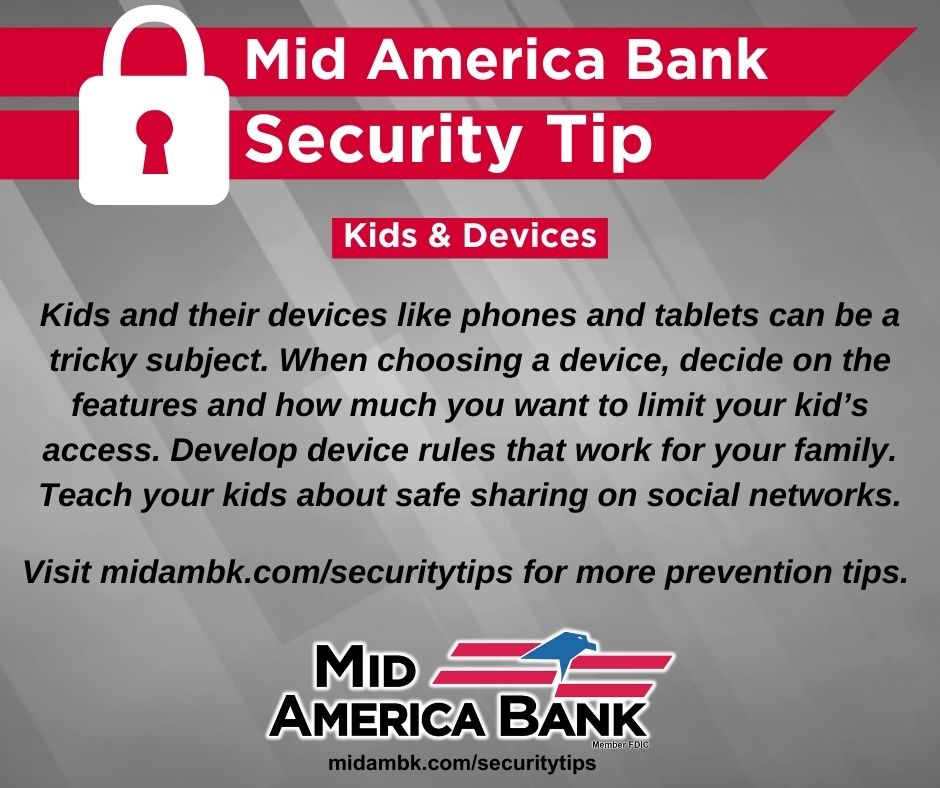
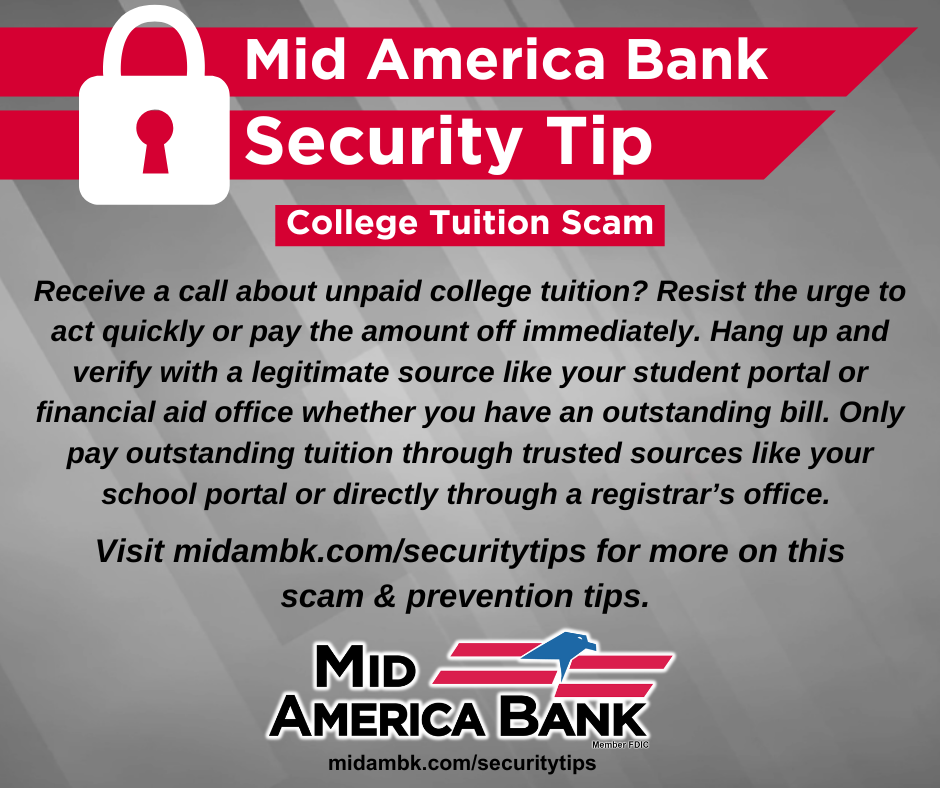

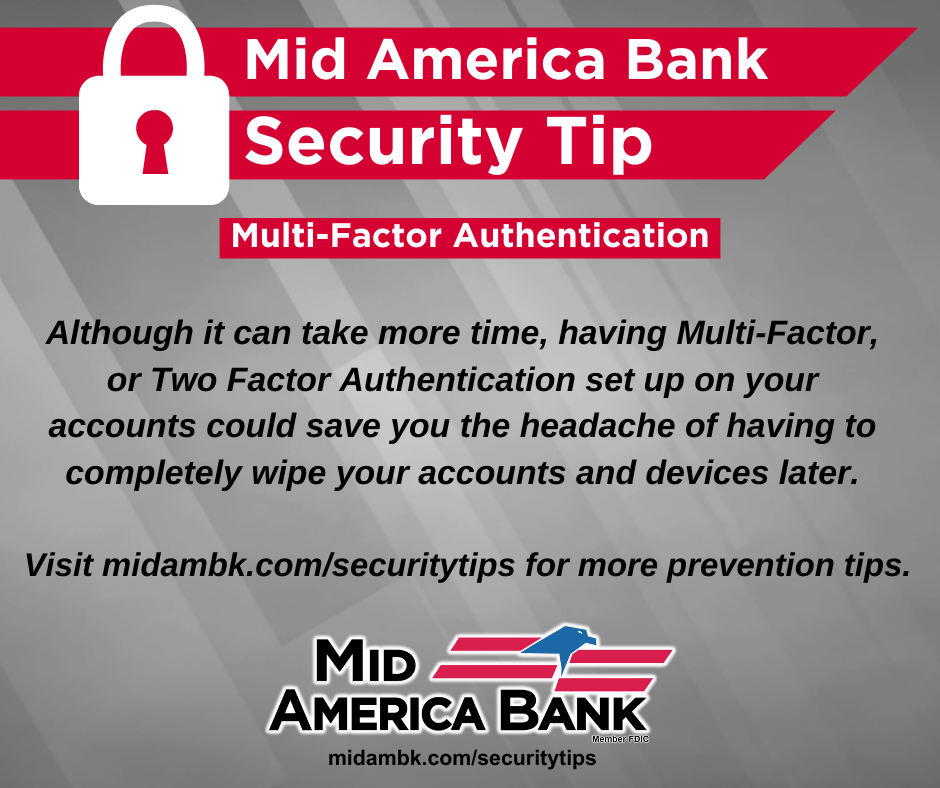
.png)
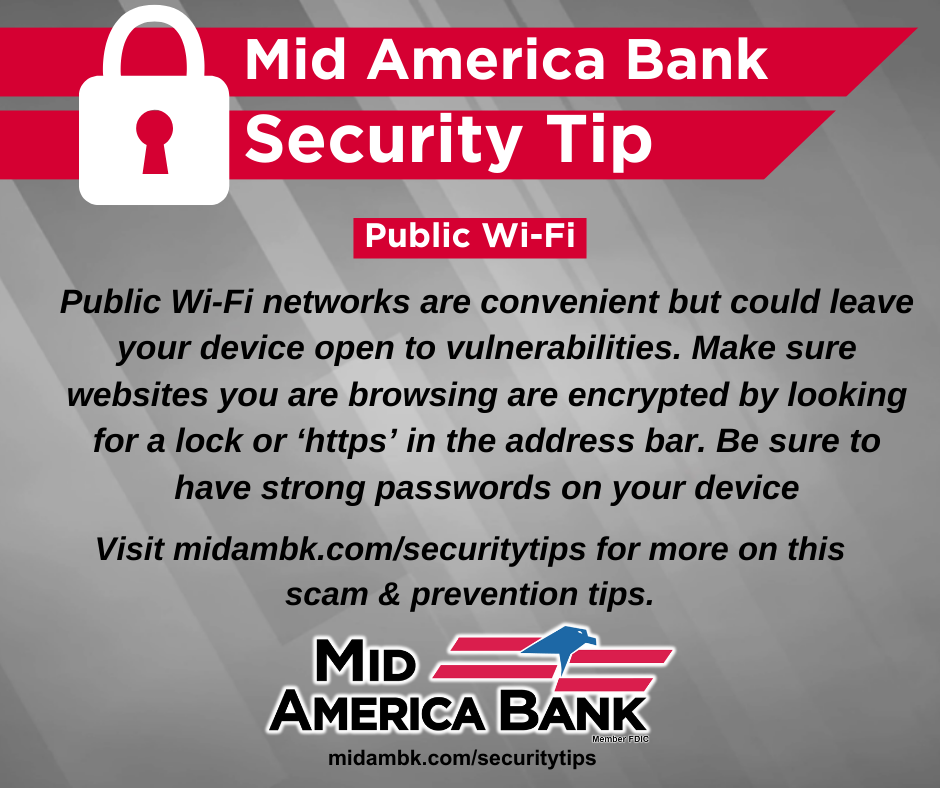
.png)

.jpg)
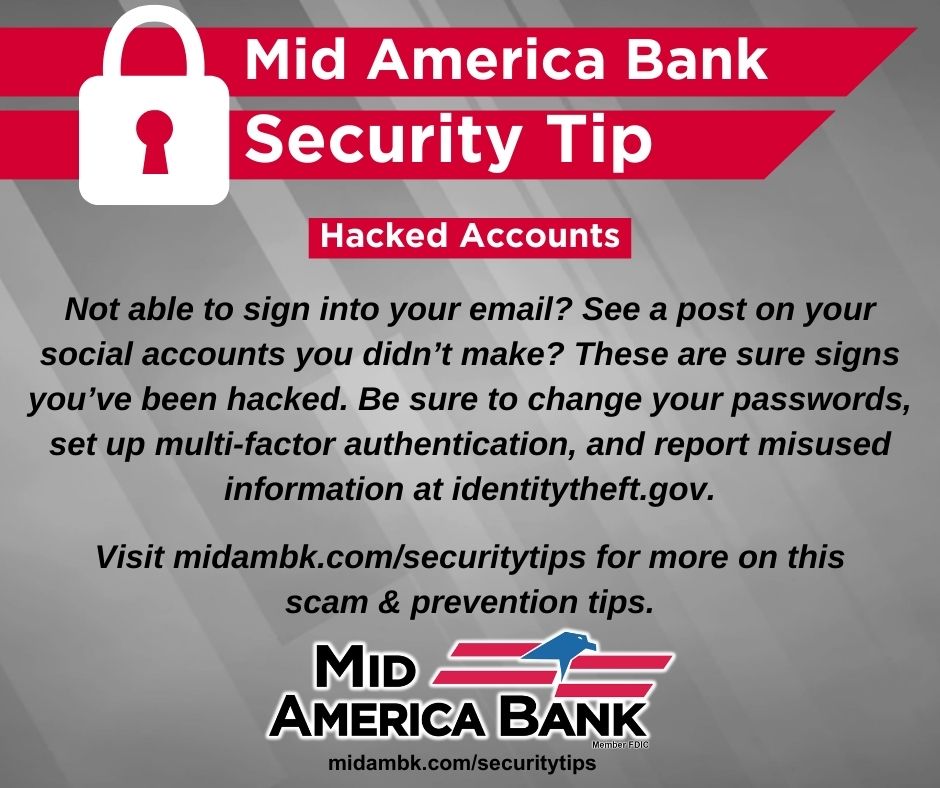
.png)